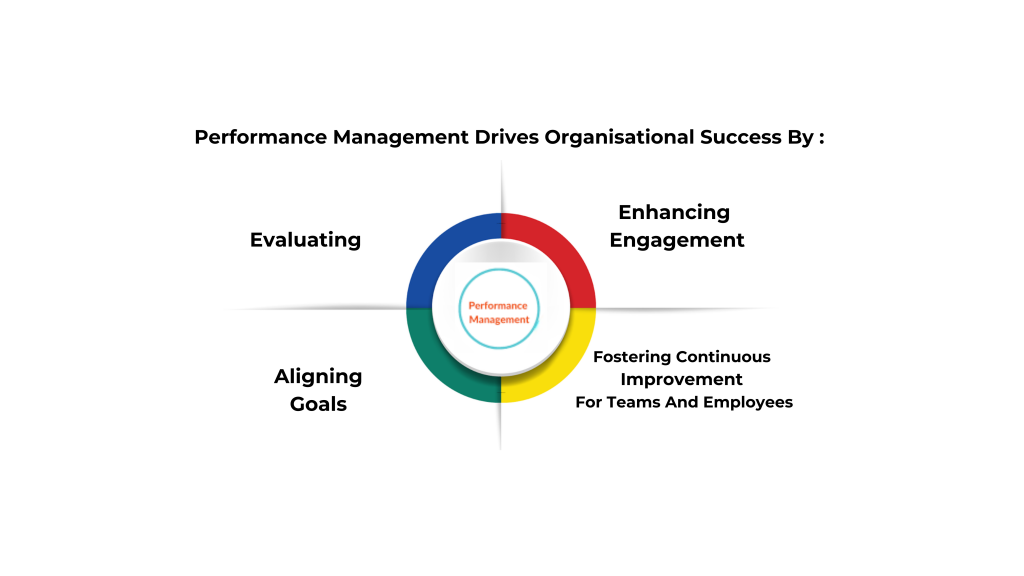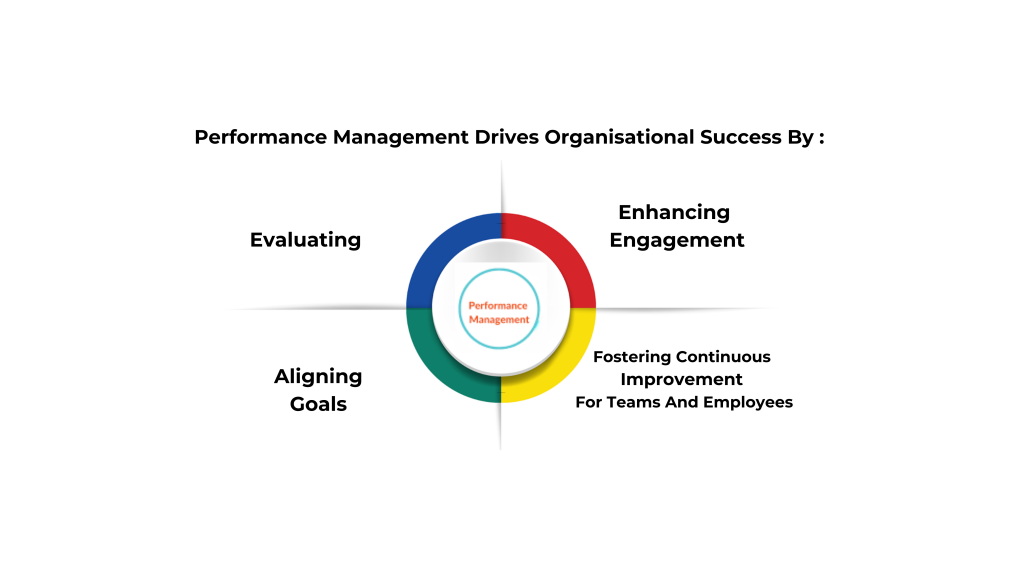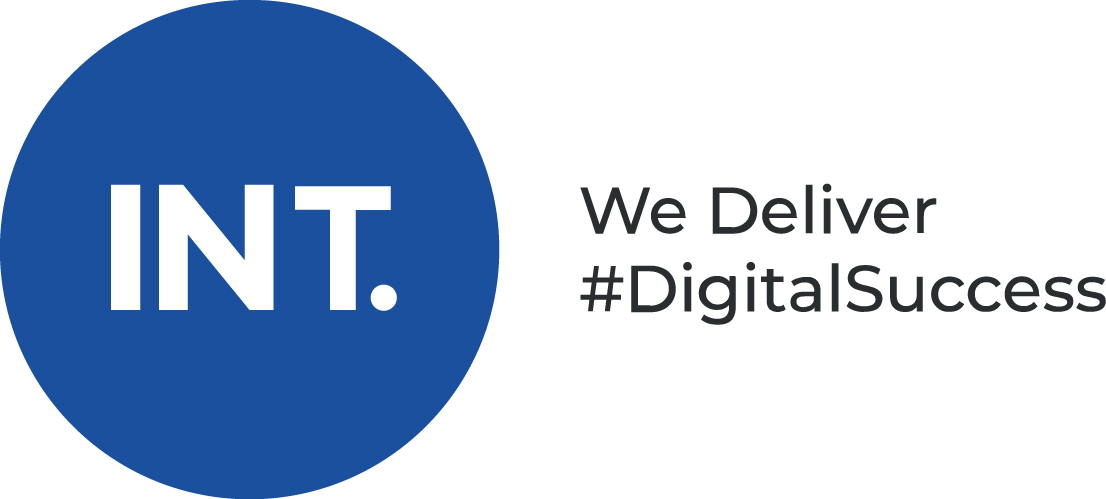
Performance management is a dedicated system that leverages sets of rewards and goals to encourage employees to dedicate themselves more towards work. Managing employee performance is a great way to optimize work procedures, while also achieving higher productivity and efficiency at the same time.
It is not only vital for goal achievement, but also for strategic alignment of organizational goals and employee efficiencies. It also helps in terms of fostering better employee development and engagement in the long run. Here’s delving deeper into the concept and its implications for organizational success, employee engagement, and other crucial aspects.
Performance management can be a pivotal pillar as far as goal achievement or organizational success is concerned. Here are a few core points that will illustrate its importance in this context.

Performance management can go a long way towards enhancing employee productivity and engagement levels. Here are a few aspects worth noting in this regard.
Engagement plays a vital role in boosting individual performance. Outdated mechanisms like appraisals and performance reviews may not work for companies anymore. If done in the right way, performance management can foster superior engagement and help in accomplishing organizational goals faster.
It also leads to a better sync between company and employee objectives. There is a marked shift in the approach from more assessment-oriented to feedback-driven.
Advanced systems for managing performance will come into play sooner than later, with technological disruptions on the anvil too. This will help organizations greatly in terms of motivating employees better, engaging them successfully, and ensuring higher productivity.
Some of the core components of a successful performance management system include developing, planning, rating, monitoring, and rewarding. They complement each other and lead to more effective performance management.
2: How does performance management enhance accountability and transparency within an organization?
Performance management helps in boosting organizational transparency and accountability. Focusing on continuous tracking and accountability leads to a more transparent and healthier working environment. This leads to more transparency on performance feedback and also boosts employee autonomy and development. This naturally enables higher employee engagement and they can take more ownership of their work accordingly.
3: What are the potential benefits of incorporating technology into performance management processes?
There are numerous advantages of integrating technology into performance management procedures. It lowers human bias along with ensuring more affordability and transparency accordingly. Compliance levels also go up while reporting mechanisms are also improved as a result. Technology-based performance systems enhance engagement, target reviews, tracking, assessment, and customized performance scales.
4: How can performance management help in identifying and addressing skill gaps within the workforce?
Key performance indicators or KPIs can help evaluate career progress of employees along with overall retention and eligibility for promotions, rewards, and bonuses. They will also help companies identify contribution levels of employees while identifying skill gaps. Employee assessments are also great ways to discover skill gaps along with 360-degree reviews and observations. Performance benchmarks can also be set and monitored.

